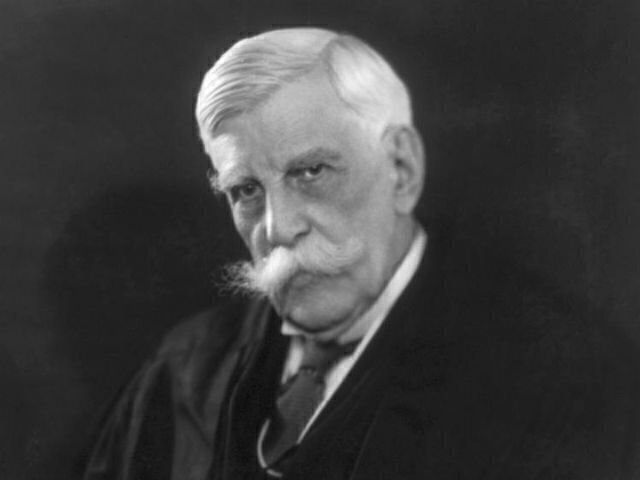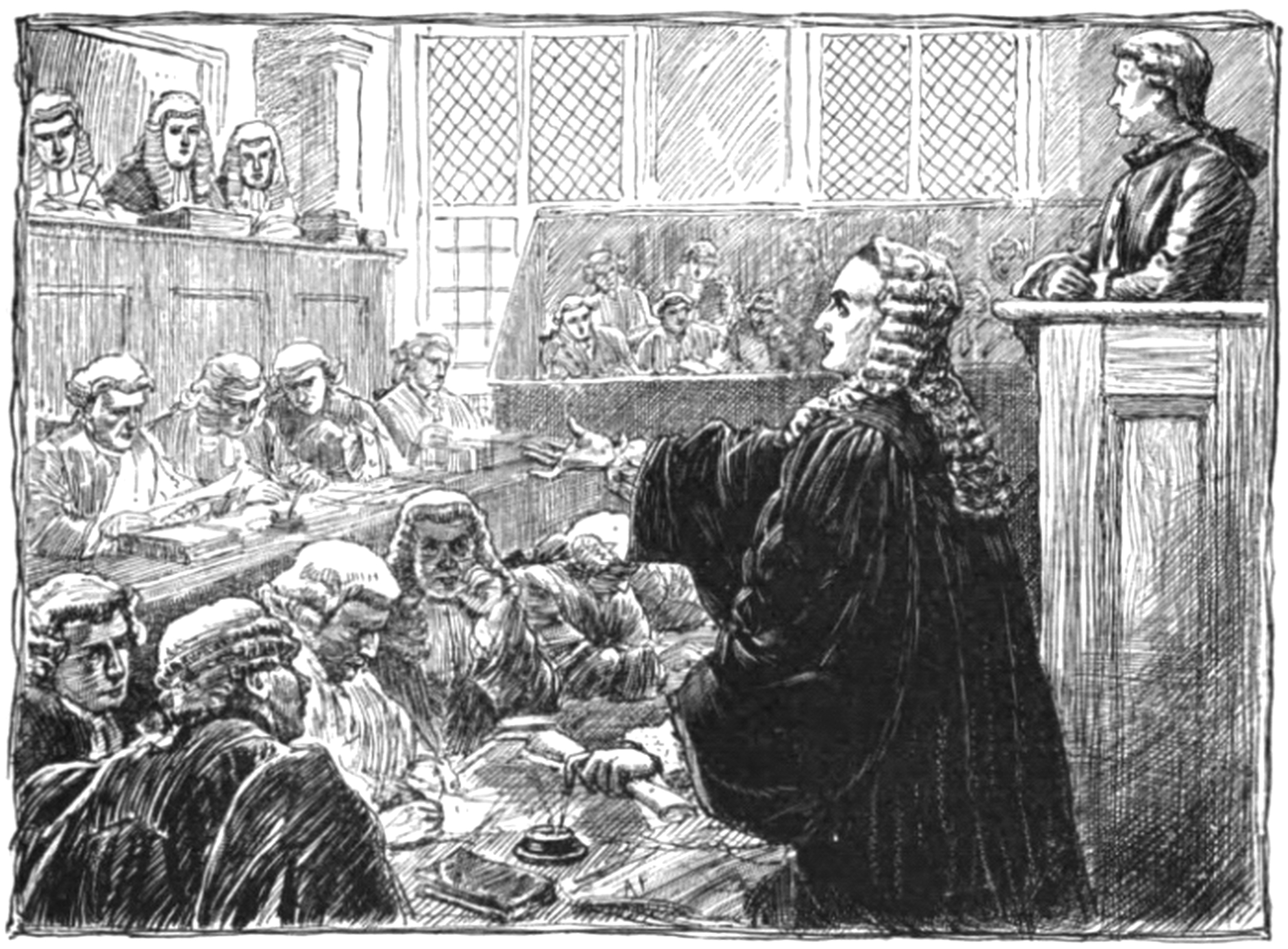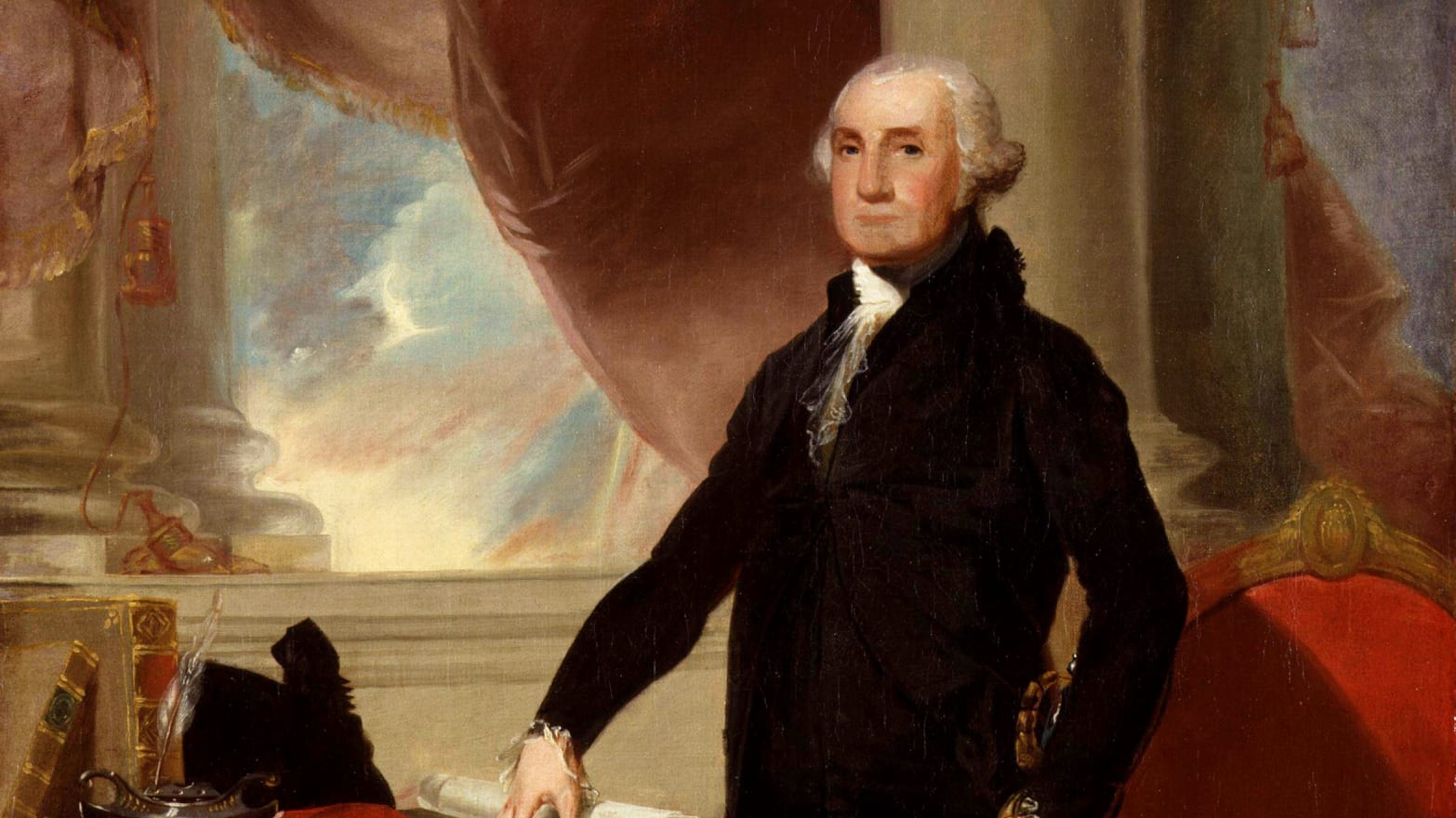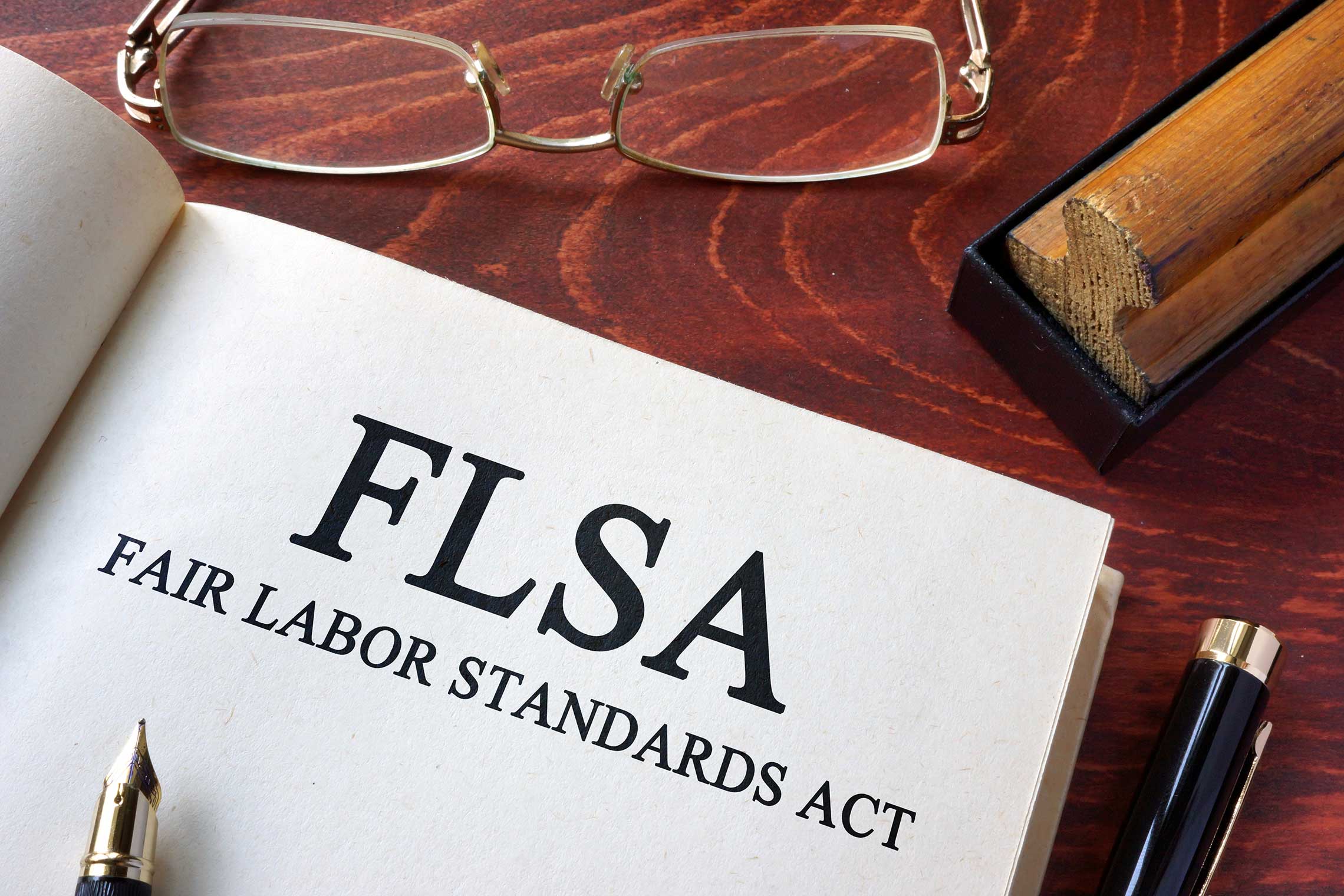
The Kellogg-Braind Peace Pact was a pact signed by 26 countries in which was would be used to solve any troubles or conflicts between these nations. The main goal of this act was actually to prevent war or another world war but was very ineffective in doing so. The main reasons the pact was ineffective was that is had no way of managing traditionalism. All the different nations will ultimately act on their greatest behalf and do whatever they think will get them ahead in the world. However, the pact did create some positive relations between countries. The pact was put to the test with the Manchurian Incident, which was an explosion that destroyed Japanese owned railroad track. The Japanese blamed China for the explosion and launched an invasion on Manchuria which violated the pact and proved that it was ineffective.
Another ineffective policy was the league of nations' policy of appeasement during WW2 with Germany. Both the Peace Pact and Appeasement demonstrated that countries will do whatever they deem necessary or advantageous.










